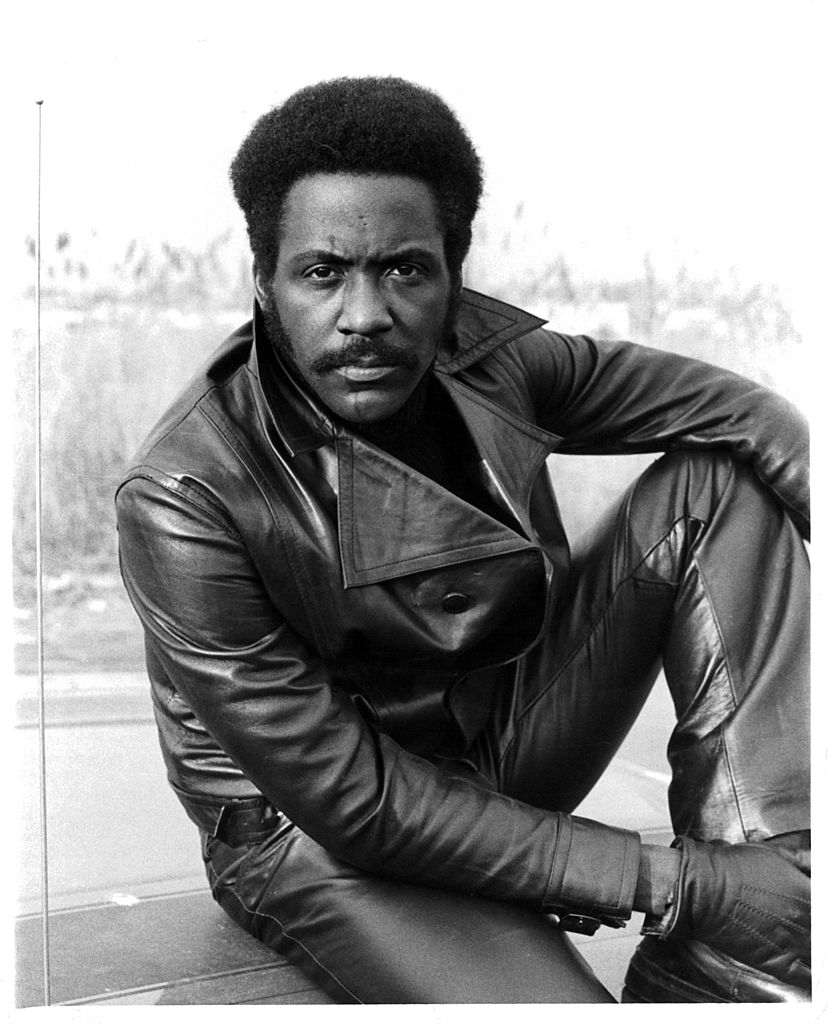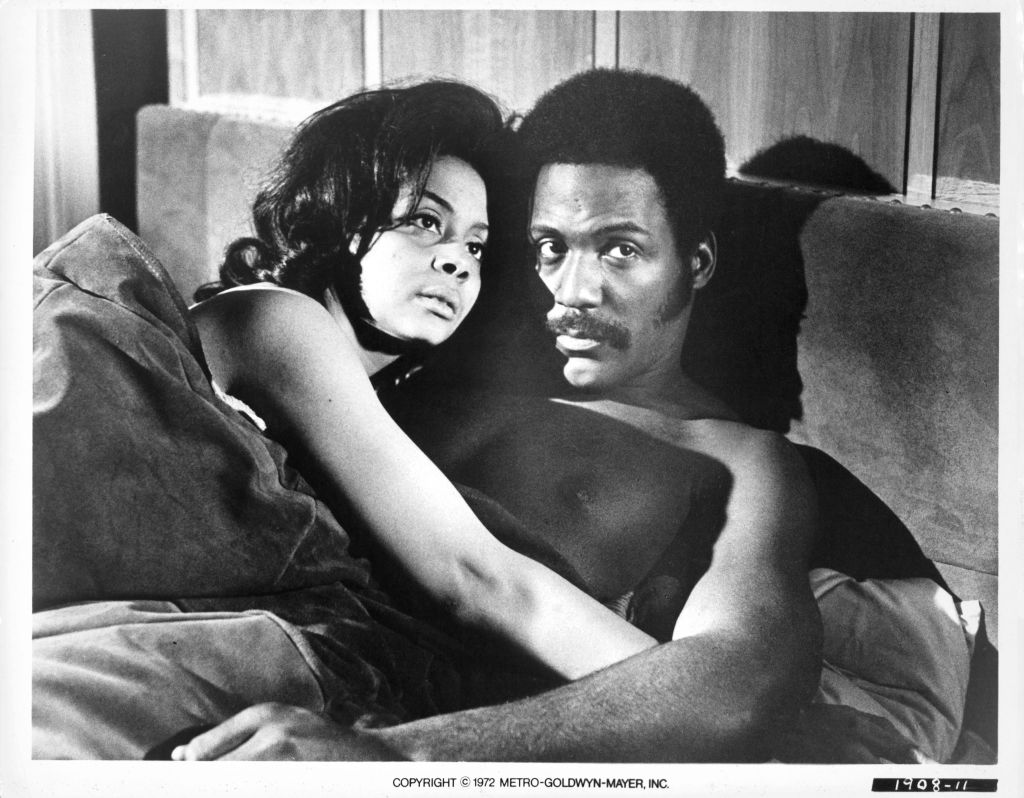
Richard Roundtree, the actor best known for his role in the original “Shaft” movies as the ultra-smooth private detective who is widely considered first Black action hero on the big screen, has passed away at 81.
Roundtree’s longtime manager, Patrick McMinn, said the actor had been diagnosed with pancreatic cancer and died at his home in Los Angeles on Tuesday. He was diagnosed with breast cancer in 1993 and underwent a double mastectomy.
“Richard’s work and career served as a turning point for African American leading men,” McMinn said. “The impact he had on the industry cannot be overstated.”
Roundtree, who was born in New Rochelle, New York, was considered as the first Black action hero and became one of the leading actors in the blaxploitation genre through his New York street-smart John Shaft character in the Gordon Parks-directed film in 1971. At age 28, it was Roundtree’s first feature film appearance after starting his career as a model.
Roundtree’s “Shaft” was part of a change in how Black movies were viewed in Hollywood, which failed to consider Black actors – especially for leading roles in films at the time. The blaxploitation films were primarily aimed at African-American audiences.
In the film, his character navigated the world of thugs, pimps, drug dealers and corrupt government officials. He regularly whipped out popular one-liners like “It’s my duty to please that booty.”
“What we were doing was a good, old Saturday afternoon shoot ’em up,” Roundtree said in a 2000 interview with The Associated Press.
Isaac Hayes’ “Shaft” theme song — which included the line “You a bad mother— (Shut your mouth)” — helped insinuate the original movie into the pop-cult consciousness. The singer, who died in 2008, said the song was “like the ‘shot heard round the world.” His single won an Academy Award for Best Song in 1971 and two Grammys the following year.

According to The National Cancer Institute, Black Americans are more likely to get pancreatic cancer than any other racial or ethnic group. They have the highest incidence rate of pancreatic cancer in the United States.
Symptoms of Pancreatic Cancer
Abdominal Bloating (Ascites)
Ascites is the abnormal accumulation of fluid in the abdomen. This extra fluid causes the belly to become swollen and distended. Learn more about ascites.
Pain (Usually in the Abdomen or Back)
Pain in the upper abdomen or mid-back may be caused by the tumor pushing against or invading nerves or organs near the pancreas. Pain can also result if the tumor blocks the digestive tract. Learn more about pancreatic cancer-related pain.
Digestive Problems
Poor appetite, indigestion and nausea are common in people with pancreatic cancer. Some or all of these symptoms may occur when a tumor in the pancreas presses against the stomach or first portion of the small intestine. If this happens, food may remain in the stomach and cause several digestive difficulties, including nausea and vomiting. Digestive symptoms can also occur due to blockage of the pancreatic duct through which the pancreatic enzymes flow or due to changes in pancreatic enzyme production.
Jaundice
Jaundice is a yellowing of the skin and eyes caused by excess bilirubin (a component of bile) in the blood. A tumor in the head of the pancreas can cause narrowing of the bile duct and block the bile flowing from the gallbladder into the small intestine. Blockage of the bile duct causes a buildup of bilirubin. People with jaundice may also experience itchiness of the skin, abnormally dark urine and light or clay-colored stools.

Changes in Stools
Many pancreatic cancer patients experience diarrhea, constipation or both. Diarrhea consisting of loose, watery, oily or foul-smelling stools can be caused by insufficient amounts of pancreatic enzymes in the intestines. This leads to malabsorption as undigested food passes quickly through the digestive tract. Constipation is also a common problem, particularly in patients taking pain medications. These medications slow the passage of food through the intestines. If the digestive system works too slowly, it can cause stools to become dry, hard and difficult to pass.
Unexplained Weight Loss
Cancer-induced weight loss (also known as cancer cachexia) is a complex problem that affects the way the body uses calories and protein. Cancer cachexia can cause the body to burn more calories than usual, break down muscle and decrease appetite. A person may also notice a change in appetite or desire for certain foods.
Blood Clots
Cancer causes changes in the blood that can increase the likelihood of forming clots. Blood clots may go unnoticed and cause no symptoms. However, they are often associated with swelling, pain and tenderness in the affected area.
His Legacy
Roundtree would go on to enjoy a career spanning 50 years with over 150 screen credits. Notable television credits include








